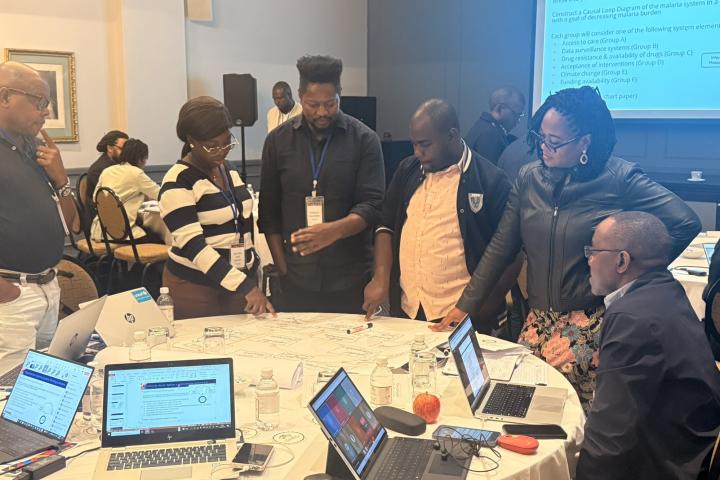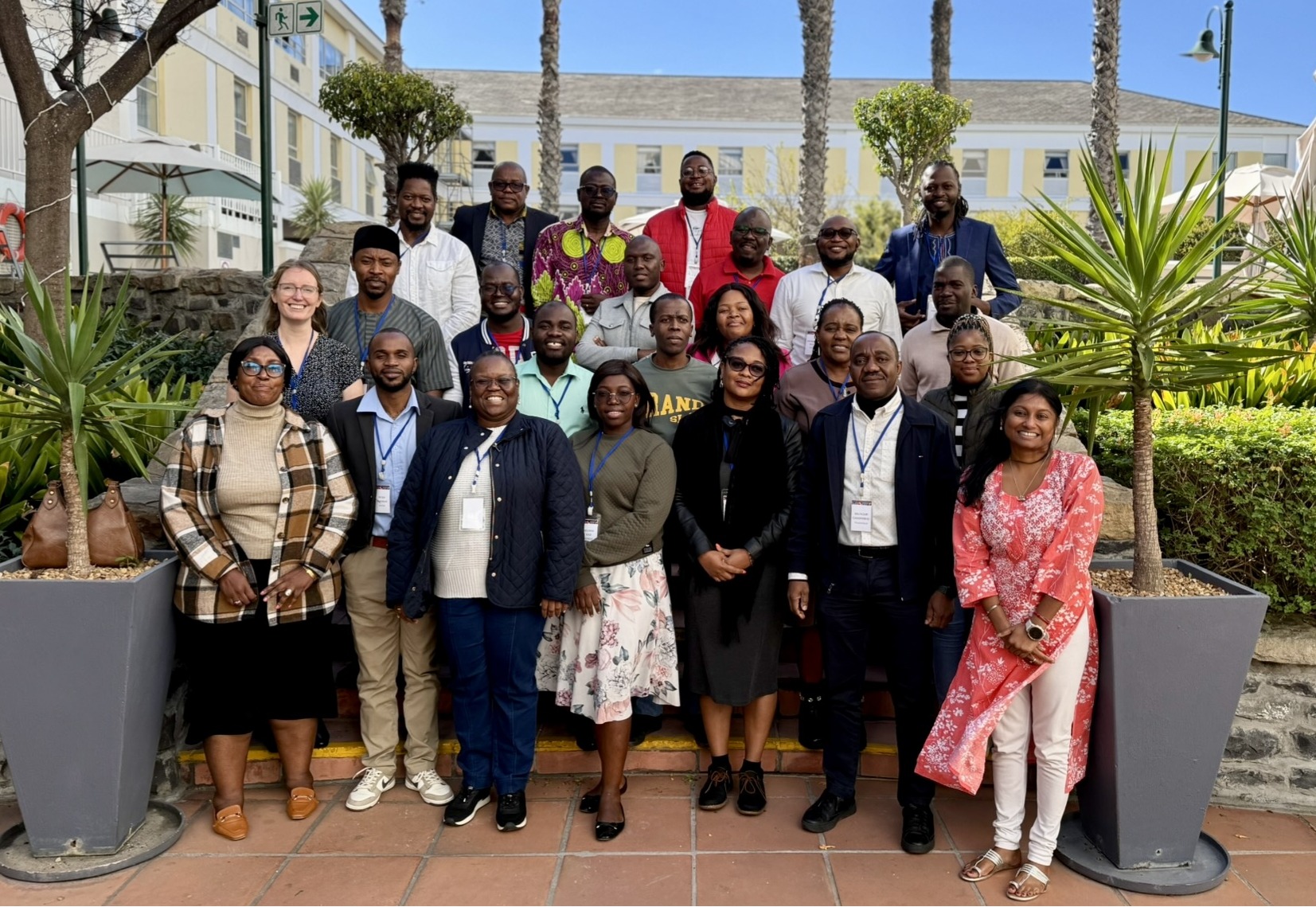Bridging the Gap: UCT Launches New Regional Malaria Modelling Translational Fellowship

Malaria in Africa continues to be of great public health concern despite significant progress in recent years. To effectively address the malaria burden and achieve the goal of elimination, it is imperative to have robust, evidence-based strategies and policies. Disease modelling plays a crucial role in informing decision-making by providing insights into disease transmission and dynamics, evaluating the impact of different interventions, and identifying optimal strategies for malaria control and elimination. However, a challenge often persists in translating modelling outputs into relevant policy and strategies for implementation to inform malaria control and elimination efforts.
To bridge the translation gap, the Modelling and Simulation Hub, Africa (MASHA) at the University of Cape Town has launched the Regional Malaria Modelling Translational (RMMT) Fellowship. The RMMT Fellowship is an accredited, six-month executive fellowship programme targeted at building modelling translational capacity in Africa. In partnership with the SADC Elimination 8 Initiative and the Clinton Health Access Initiative (CHAI), funded by the Gates Foundation, the fellowship targets key decision-makers, policymakers and implementers within the public sector working across various levels in health management. The inaugural RMMT Fellowship Cohort is comprised of 21 fellows from 7 African countries: Angola, Eswatini, Ghana, Mozambique, Namibia, South Africa and Zambia.
The first residential block of the RMMT Fellowship took place over five highly engaging days, offering a robust, interdisciplinary foundation for participants aiming to utilise mathematical modelling to support malaria control and elimination strategies in sub-Saharan Africa. To officially welcome the participants to the fellowship, Dr John Chimumbwa, Executive Director of the SADC Malaria Elimination 8 Initiative, delivered the opening remarks. These emphasised the importance of regional collaboration, capacity building, mentorship and knowledge sharing. Dr Chimumbwa framed the role of the RMMT Fellowship in building internal resources for malaria elimination by enhancing model-based decision-making skills for in-country staff.
Participants were exposed to a broad range of content, from technical modelling constructs to policy engagement, strategic planning, investment cases, and stakeholder dynamics. Guest speakers from the World Health Organisation and national malaria control programmes offered real-world insights into how modelling tools can be translated into policy for resource allocation, intervention prioritisation, and sustainable financing.

Block one successfully established a foundation for ongoing collaboration, with participants expressing renewed confidence in applying modelling insights to support country-level decision-making. The next phase of the fellowship includes two further in-person immersive blocks to be held in August and October 2025, with twice-monthly virtual sessions in between, building towards the Fellowship Capstone project.
Following a successful launch, Fellowship Directors Sheetal Silal, Rachel Hounsell, and Sadiq Wanjala expressed their enthusiasm for the future of the programme, highlighting its potential to bridge the gap between research and policy. By fostering local expertise and cross-border partnerships, the RMMT Fellowship supports Africa’s united efforts toward malaria elimination.
